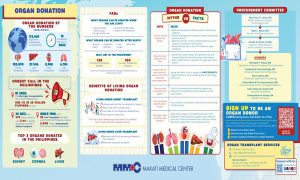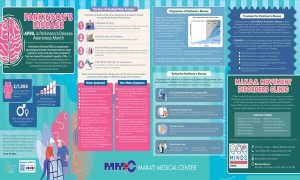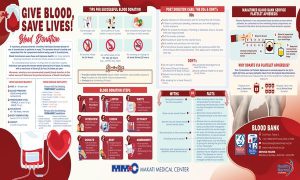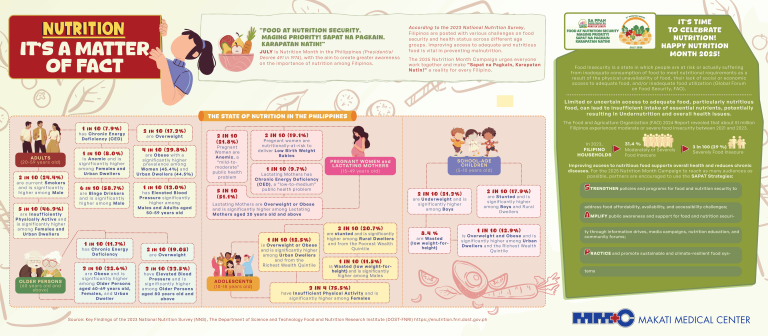One of the milestones that happen in family life is the time when the children move out of the house they grew up in. In the US, it is the cultural norm for children to leave the house when they turn 18.
The complete opposite happens in the Philippines as children often live with their parents well into their adult life, and most do not leave until they are set to get married.
Ultimately, the parents must adequately deal with a childless home at some point in their life because it can cause an emotional disturbance. It is a transition phase that not all parents can handle themselves. It is important to address this specific stage of life and learn how to overcome what is called the Empty Nest Syndrome.
What is Empty Nest Syndrome?
Empty Nest Syndrome (ENS) is the sadness parents and guardians feel when their children hit young adulthood and move out of the family home. It resembles the cliché “spreading their wings when they leave the nest”. This makes it difficult for parents to cope and move on from this stage.
One example is when a parent’s son plans to marry and move out of the house. This can be a difficult time for the parents as they are “letting go” of their son after years of nurturing and caring for him. This is a major transition for a family, making it challenging to accept.
Signs of Empty Nest Syndrome to Look Out For
Adults who experience ENS will display a few signs when dealing with this stressful time. There are several, but this list will discuss five (5) common signs of ENS:
-
Loss of purpose
When the children are still young, there are many days centered around them. Bringing them to school, encouraging them to take on extracurricular activities, and celebrating milestones like birthdays and graduations are some of the things that bring purpose to parents.
However, as the children grow older, those duties slowly fade away. When kids become adults and start to do things independently, it leaves a massive void in one’s heart. Losing one’s purpose as a parent can be one of the causes of depression and anxiety.
-
Emotional distress
It is normal to feel some kind of emotional distress during this period. Things like smelling a familiar scent or passing through a usual restaurant can trigger a strong emotional response. These responses can come from the sadness that the kids have grown up or anxiety because they are becoming more independent.
-
Depression
Many parents spend 18 years or more looking after their children. Moving on from that place of familiarity can be difficult, and a deep sense of grief potentially overwhelms some adults.
-
Frustration over lack of control
Children will most likely move out of their parent’s house sooner or later, so it means the parents cannot keep tabs on them anymore. It may be a significant loss of control for some, leading parents to frequently call or check on their adult kids.
-
Anxiety over the children
During this time, parents worry about their children eventually raising their own kids. It is normal for parents to feel some anxiety, so it is essential to remain calm and try to keep a clear head.
5 Ways to Deal with Empty Nest Syndrome
Coping with ENS varies from person to person. Depending on how the parents respond to them, some methods are better than others.
1. Prepare for the inevitable empty nest
Parents who expect their children to move away can mentally prepare themselves before the day comes. One way to do this is to take some time to evaluate the changes that will happen, such as a shift in roles and identities.
Many parents feel that a part of their identity changes once their children move away, leading to that shift in their role from parent to spouse.
2. Focus on the positive aspects
Drowning in negative thoughts will have detrimental effects on the psyche. Parents who are going through this phase can try to change their attitude and focus on the positive aspects. Things like finally making time for personal hobbies, planning about traveling more, and rekindling the romance are great ways to keep a positive mindset.
3. Try keeping a journal
Keeping a journal can be a great way to cope since there may be things that are difficult to process, and writing allows parents to express themselves in any way they want.
Moreover, a journal will enable them to list down things worth their time, such as what they want to do and their remaining goals in life. These can also include activities such as joining local support groups, staying active, or going on meetups with friends.
4. Follow a routine
Having a routine allows parents to focus on their individual goals. Rather than being lost in thought, it offers parents the opportunity to pursue the things they are interested in, making it a worthwhile endeavor.
Going on regular morning exercises, having meals with friends every week, watering plants, or taking a class are examples of activities that can be part of a routine.
5. Know when to seek professional help
Some people can cope quickly, but others have difficulty adjusting to such significant changes, and seeking professional help may be the best option. Parents who are feeling lethargic, lacking sleep, or losing interest in their hobbies can seek help during this period.
Hard to Let Go, But Life Goes On
Empty Nest Syndrome is a phase in parenthood where it is difficult to learn how to let go. The thought of children becoming independent adults leading their own lives is something not every parent is ready for, so it is essential to understand how to cope with it.
The negative feelings that ENS gives to parents are normal, but the crucial part is to know what to do with those emotions. For parents struggling with coping on their own, consulting a professional may be the best option.
Makati Medical Center offers premier facilities and healthcare services capable of catering to numerous patients who struggle with their mental health. For more information, visit the website today!











